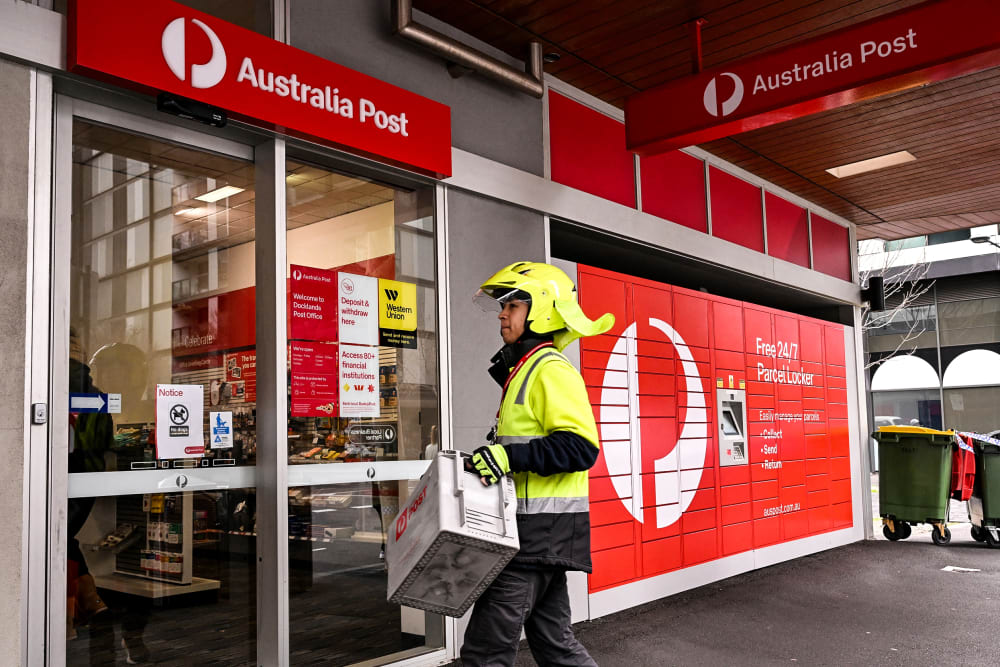President Donald Trump often says he’s taking America back to the good old days. But in reality he seems to be taking us back to the bad old days of 1930.
That was the year President Herbert Hoover signed the Smoot-Hawley Tariff Act, raising import taxes on more than 20,000 goods with the goal of protecting American businesses from foreign competition.
Among economists, Smoot-Hawley has the same reputation as Prohibition, leaded gasoline, parachute pants or any of America’s other big, regrettable mistakes. Instead of protecting American producers, the tariffs kicked off a trade war that hurt American consumers, made everything more expensive and prolonged the Great Depression.
As the country shook off the tariff hangover under FDR, one of the changes Congress made was to create something called the “de minimis” exemption, which Trump is now targeting.

Under a 1938 law, any product selling for less than $1 could be imported to the U.S. without paying any tariffs. (That would be about $23 in today’s dollars.) The exemption wasn’t just supposed to help make it easier for Americans buy cheap goods; it was also supposed to help the government, as it often costs more to process the tariff on a cheap good than the tariff raises in revenue.
The de minimis exemption stayed at $1 for decades before increasing to $5 in 1990, then $200 in 1993 and $800 in 2016.
That is pretty high, especially for something that’s supposed to avoid needless paperwork on cheap goods. It’s also way higher than other countries. Canada, for example, sets the rate at the equivalent of $116. Over the years, an exemption that was designed to avoid bureaucratic hassle for minor goods had somehow grown to cover a $1 billion industry, giving a boost to fast-fashion online retailers like Shein that they didn’t really need.
So when Trump first targeted the de minimis exemption, he had a point. But even when he is right, Trump tends to govern so haphazardly that he undermines his own policies.
Trump’s One Big Beautiful Bill Act stated that the de minimis exemption would be repealed in 2027. But the president then unexpectedly announced it would end two years earlier, signing a dashed-off executive order at the end of July that set an arbitrary deadline of Friday, Aug. 29.












